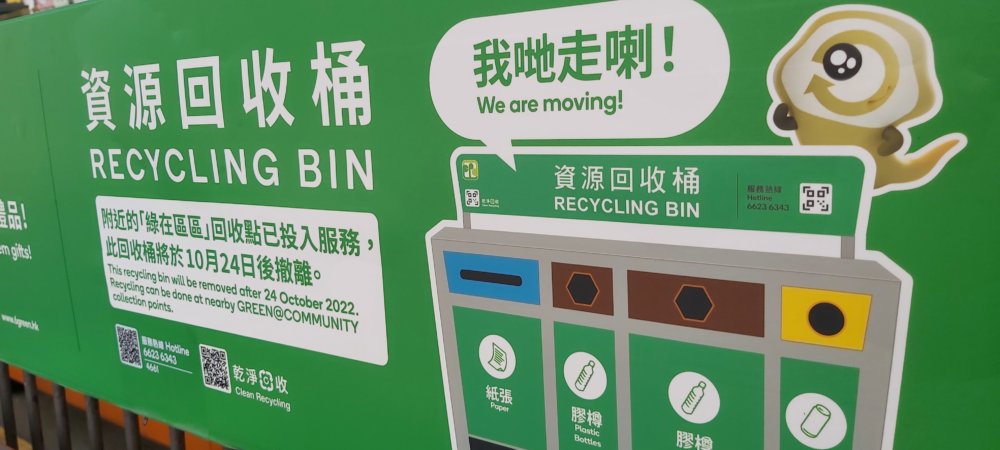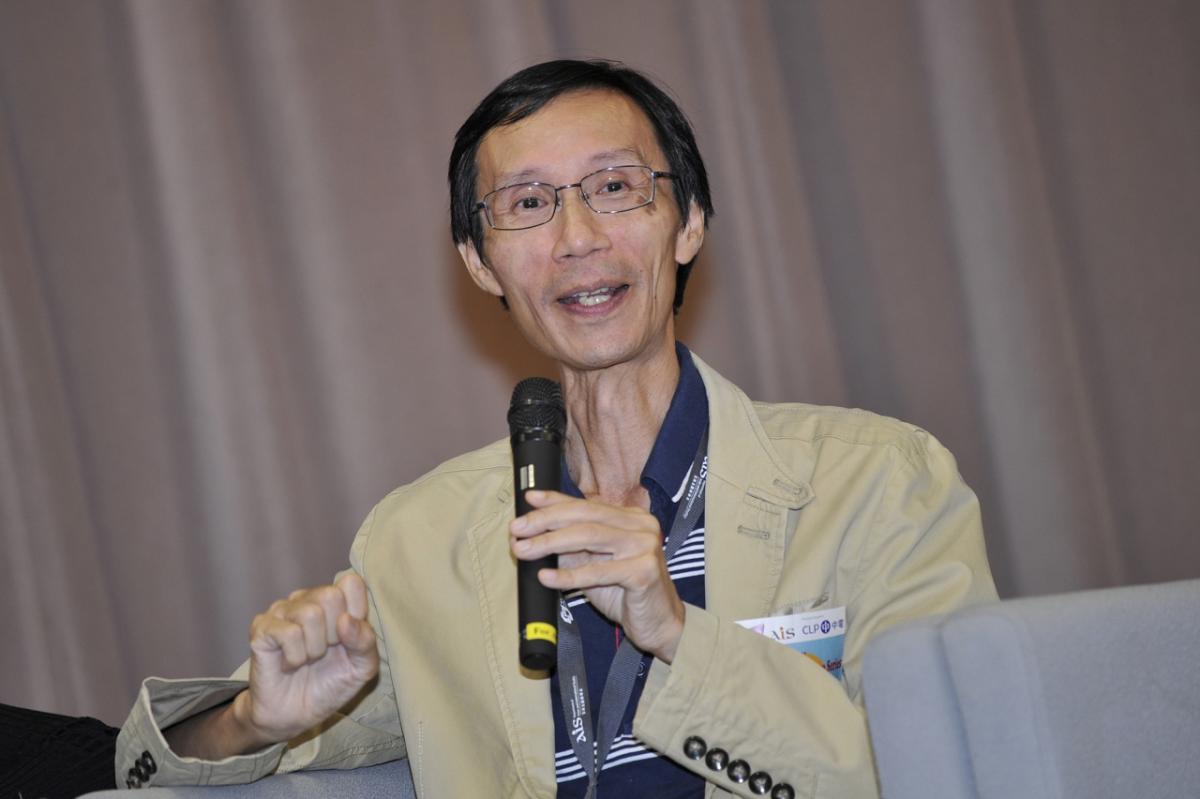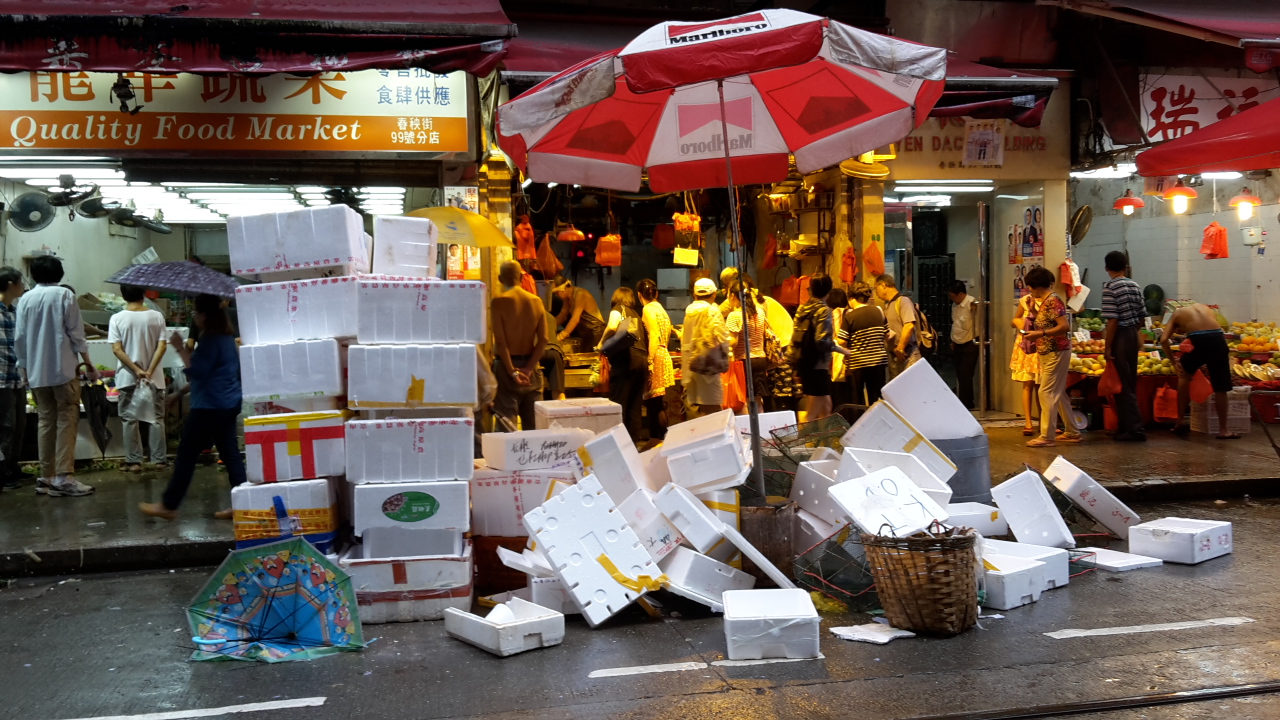Hong Kong's lack of ''producer pays'' bill leaves city scrambling for recycling answers
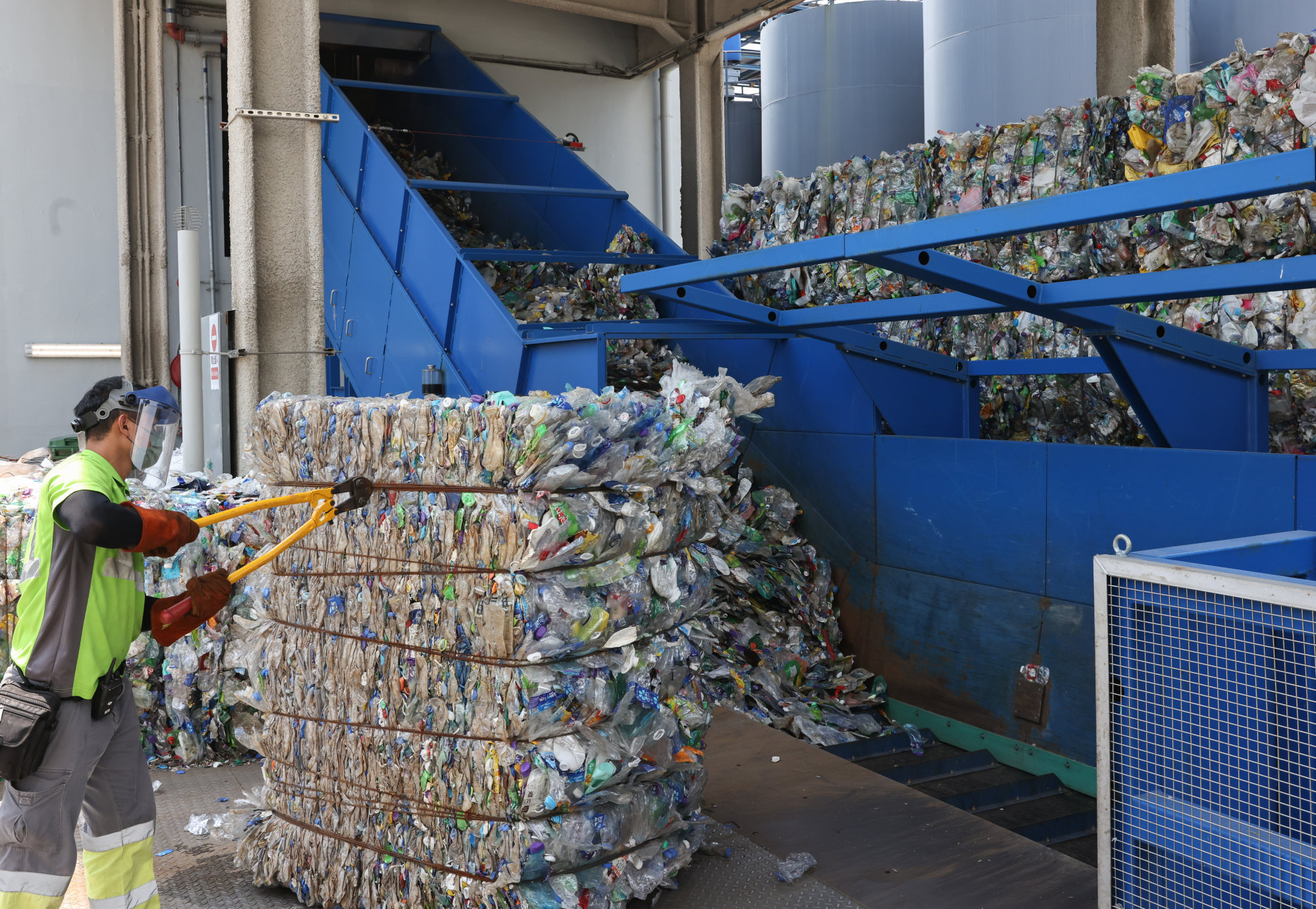
(23 Feb 2023 SCMP)
The Environmental Protection Department (EPD) announced on February 14 that it would invite interested parties to submit tenders for the processing and recycling of drinks cartons collected from government-funded green community facilities from July 1. This move is meant to “maintain the current positive momentum of the public in recycling beverage cartons as well as the completeness and stability of the recycling chain”.
The land lease of the city’s only drinks carton recycler, Mil Mill, will expire in June, while the new large-scale pulping facility at EcoPark in Tuen Mun is expected to begin operations in 2025. A day after the government’s announcement, Mil Mill said it had been in contact with its lessor, Hong Kong Science and Technology Parks Corporation, and several suitable sites had been identified so that its operations could continue beyond June.
Does this mean Hongkongers can continue recycling used drinks cartons without a hitch? Are there are companies other than Mil Mill in Hong Kong with the technological know-how and equipment to recycle cartons and which can build a new paper pulping plant in such a short time?
The tender seems to have been designed to bridge a gap of less than two years, from July 2023 to 2025, during which the pulping facility at EcoPark is under construction. The EPD announced last September that the EcoPark recycling facility would be able to process all drinks cartons collected locally. According to government data, the city threw away 67 tonnes of beverage cartons a day in 2022.
Mil Mill said took around nine months to build its paper pulping plant in Yuen Long. However, there are less than five months between the government’s announcement of tender offers and the scheduled start of operations of the new carton recycling facility.
Even if the government can speed up the tendering procedure, it is likely to take at least three months for the EPD to award the contract to the successful bidder. Assuming the tender invitation is issued in March, the contractor will then be confirmed by June. That leaves just one month for the operator to put everything together, including labour and equipment for setting up the pulping plant on a new site.
This sounds unrealistic. Even if Mil Mill is the successful bidder, it would be almost impossible for it to set up a new plant in a month.
This also doesn’t seem to be a long-term, sustainable solution. In the long-term, the EPD expects the paper pulping facility at EcoPark to be able to recycle all drinks cartons collected locally. Upon the expiry of the contract the government has just announced a tender for, the operator might need to close down its plant as no further government funding may be available.
Allowing the interim paper pulping plant to operate in parallel with the EcoPark facility would create an unfavourable situation similar to what is being seen in plastic bottle recycling, wherein collectors and recyclers are competing to obtain used PET bottles either for export or to supply to the EcoPark recycler that started operations last year.
The EPD also said it would be responsible for delivering all drinks cartons collected at green community facilities to the new paper pulping plant from July onwards. This is an unusual arrangement, which I think is unnecessary. The EPD should let green community facility operators handle the delivery of recyclables to government-approved recycling facilities while it strengthens its monitoring role to prevent recyclables from being lost again, as was the case with around 3 tonnes of drinks cartons last year.
How has the city come to this? I believe it is because of the lack of producer responsibility legislation. If this existed, it would push drinks producers and related parties in the supply chain to act promptly and responsibly.
The public consultation on the producer responsibility scheme on plastic drinks containers ended in May 2021. So far, we have only heard the EPD say it would submit the bill to the Legislative Council this year, but it has not provided much further detail.
I fully support the introduction of producer responsibility legislation. However, it should come with an initial recycling rate of 70 per cent, which is the target pledged by the three largest local beverage producers and other stakeholders through the Drink Without Waste platform in December 2018.
Setting mandatory targets lower than 70 per cent is letting producers benefit at the cost of the environment.
Edwin Lau Che-feng is executive director of The Green Earth


 綠惜講座
綠惜講座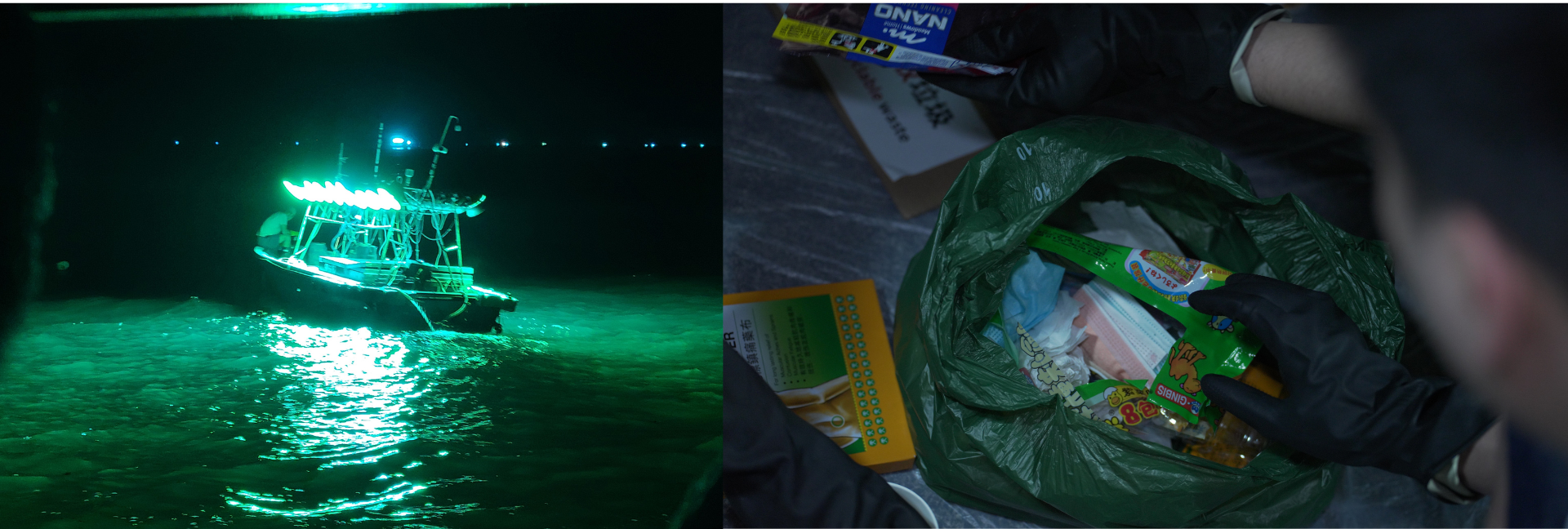

 2023-02-23
2023-02-23
 返回
返回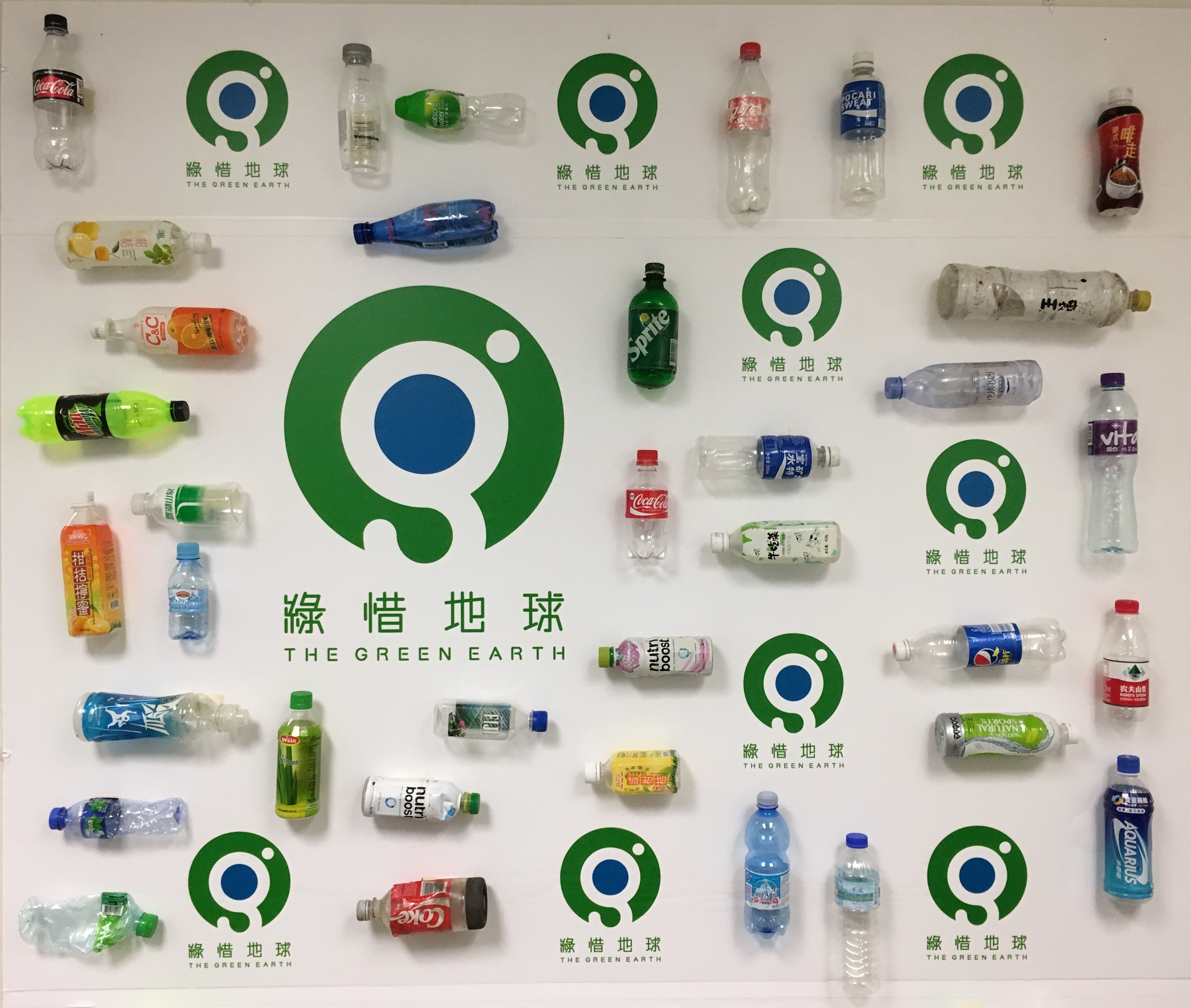
 2022-04-29
2022-04-29
